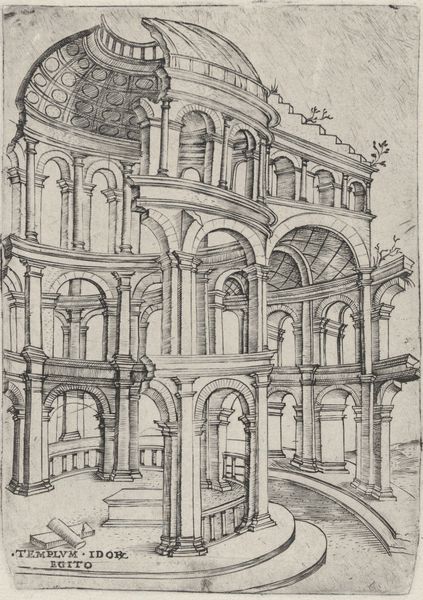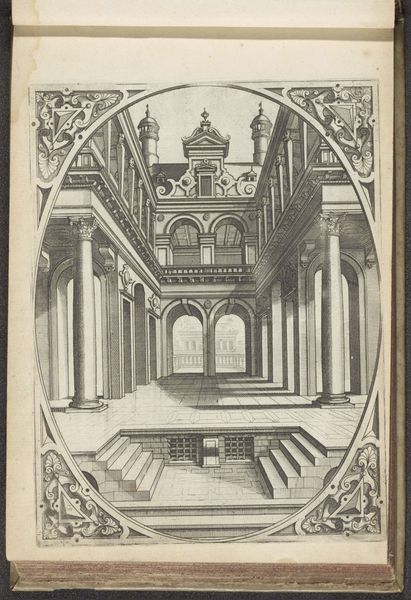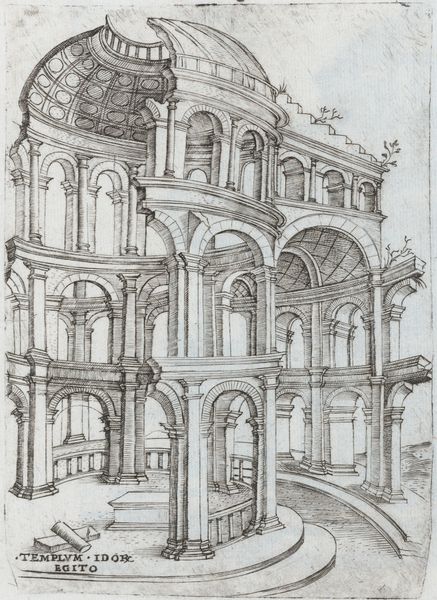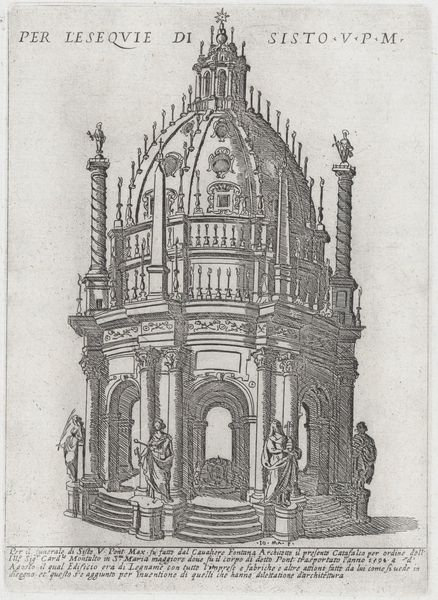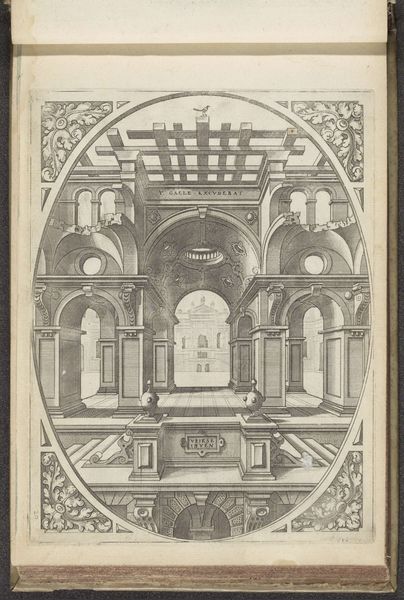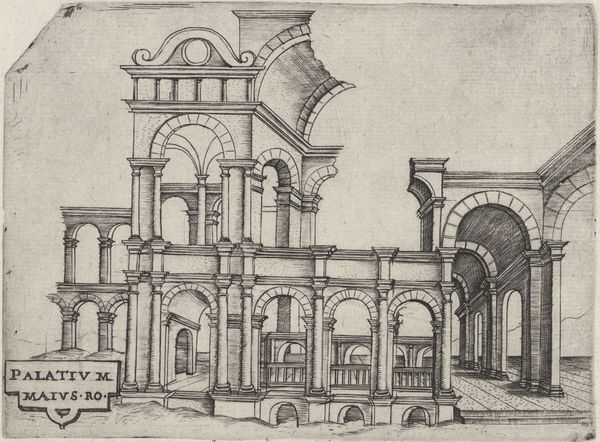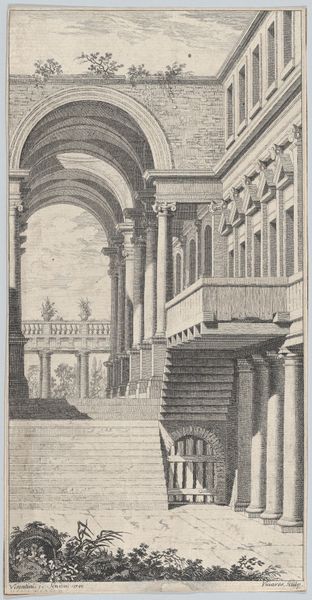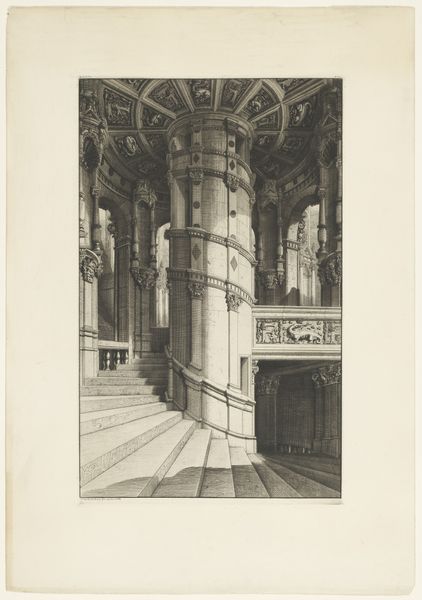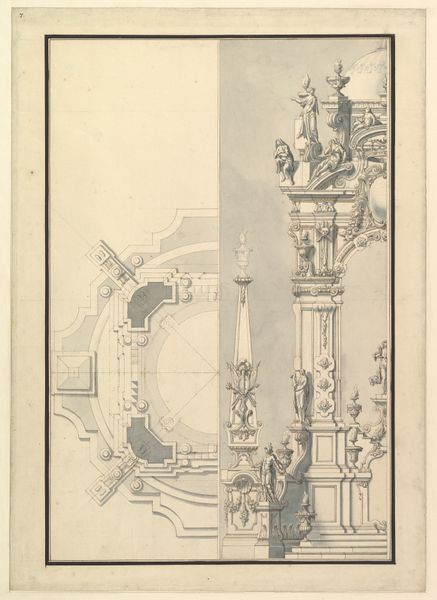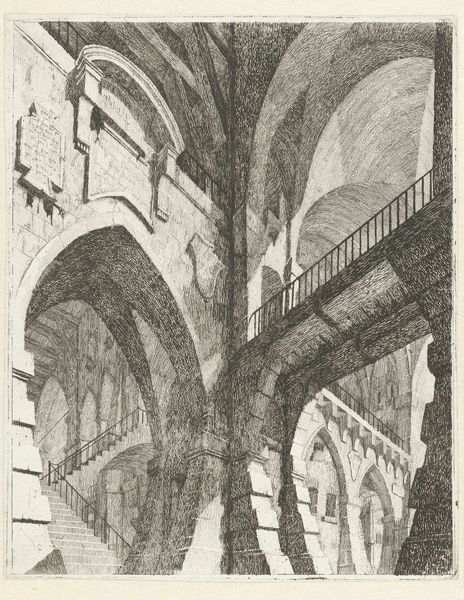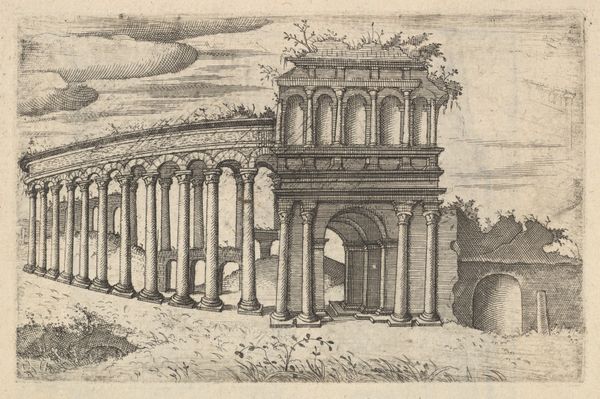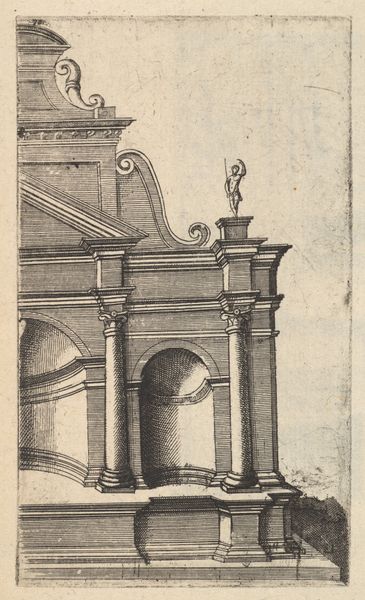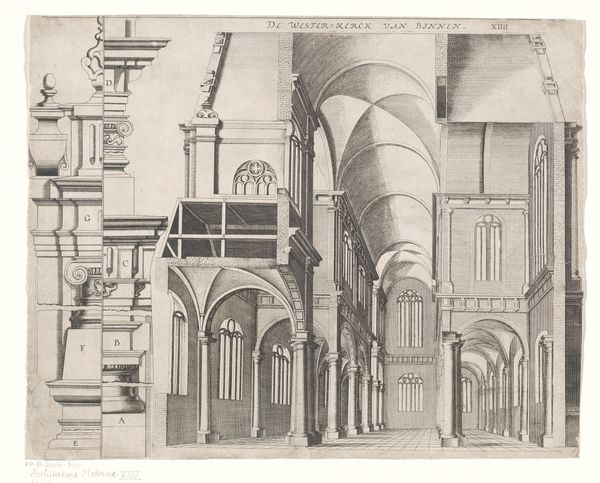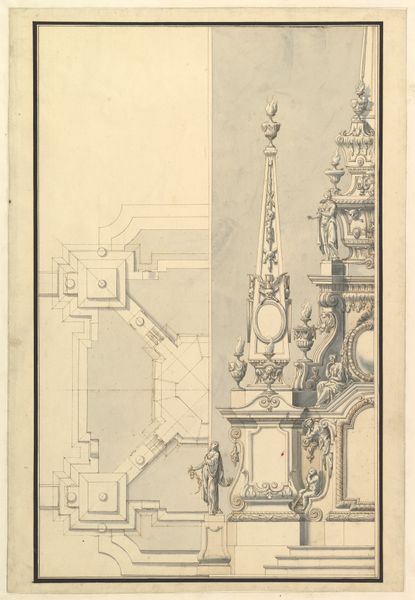![Ruin of a round Temple [Templum Idor Egito], from the series 'Ruinarum variarum fabricarum delineationes pictoribus caeterisque id genus artificibus multum utiles' by Lambert Suavius](/_next/image?url=https%3A%2F%2Fd2w8kbdekdi1gv.cloudfront.net%2FeyJidWNrZXQiOiAiYXJ0ZXJhLWltYWdlcy1idWNrZXQiLCAia2V5IjogImFydHdvcmtzL2Q4Yjc0OGIxLTIxMzktNDIxNy05NzE4LTg4ZThhOTVjMTZmZC9kOGI3NDhiMS0yMTM5LTQyMTctOTcxOC04OGU4YTk1YzE2ZmRfZnVsbC5qcGciLCAiZWRpdHMiOiB7InJlc2l6ZSI6IHsid2lkdGgiOiAxOTIwLCAiaGVpZ2h0IjogMTkyMCwgImZpdCI6ICJpbnNpZGUifX19&w=3840&q=75)
Ruin of a round Temple [Templum Idor Egito], from the series 'Ruinarum variarum fabricarum delineationes pictoribus caeterisque id genus artificibus multum utiles' 1554
0:00
0:00
drawing, print, engraving, architecture
#
drawing
# print
#
book
#
11_renaissance
#
history-painting
#
italian-renaissance
#
engraving
#
architecture
Dimensions: Plate: 6 3/4 x 4 7/8 in. (17.2 x 12.4 cm)
Copyright: Public Domain
Lambert Suavius created this print, Ruin of a Round Temple, using etching on paper. The structural clarity and symmetry of the architectural form is immediately striking, even as it depicts a state of decay. Suavius meticulously renders the temple's skeletal remains using precise lines and shading. The composition is dominated by the circular form and the repetition of arches and columns, creating a sense of depth and rhythm. Yet, this regularity is disrupted by the crumbling structure. The ruin invites reflection on the themes of time, decay, and the transience of human achievements. The image also seems to play with the idea of inside and outside, as the building is partially collapsed and exposed to nature, which encroaches upon it, further blurring the boundaries. Consider how Suavius uses the graphic language of etching to communicate not just architectural form but also the weight of history. The temple's ruin becomes a potent symbol, prompting endless readings and interpretations.
Comments
No comments
Be the first to comment and join the conversation on the ultimate creative platform.
